COVID workers urge Australia to increase vital aid to poorest countries
These Australians have no soap or running water — yet they are facing the deaths of many in the forgotten COVID world. Now they have a message for those who dispute the virus’ seriousness.
Coronavirus
Don't miss out on the headlines from Coronavirus. Followed categories will be added to My News.
It is easy to be down in the dumps with the escalating COVID-19 threat and lockdowns gripping Melbourne, but spare a thought for our poorer neighbours.
Australians who have left the luxuries of home behind to join the virus battle in countries like Iraq and Laos, where aid is incredibly hard to come by, share their stories from the frontline.
EAST TIMOR
When Dr Joshua Francis arrived in East Timor in March as the COVID-19 pandemic was taking off around the world he was bracing for “disaster”.
The tiny nation was not setup for COVID testing, its hospitals fall short of essentials including PPE for clinical staff, beds and ventilators. Some facilities don’t even have running water and soap at times.
Yet East Timor has surprisingly gone on to become one of the world’s success stories with the COVID-19 figures at 25 confirmed cases, 25 recovered and zero deaths (as at August 21).
Dr Francis, a Queenslander based at the Menzies School of Health Research in Darwin is leading a team working with East Timor's health system to improve its response to infectious diseases.
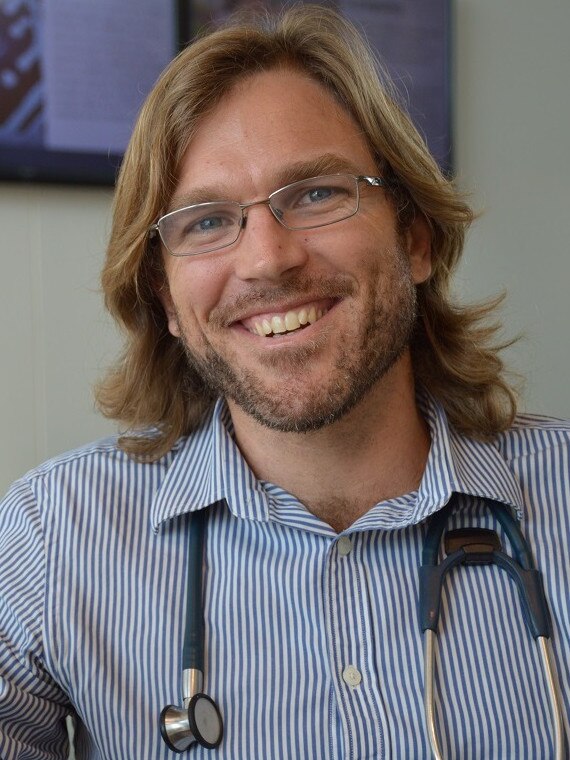
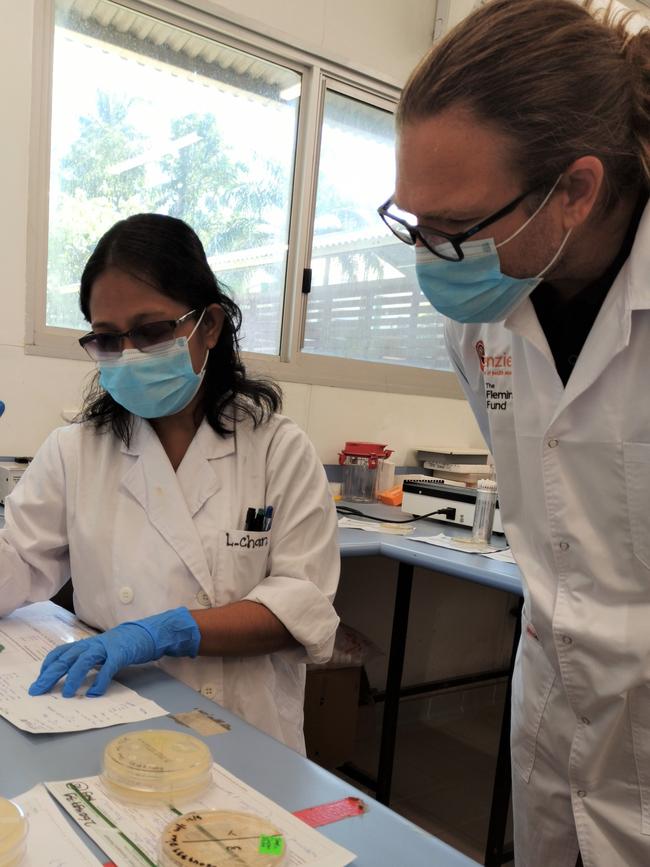
The 37-year-old said the result in East Timor was made possible because they were able to get COVID-19 PCR testing up and running before the virus spread into the community.
The PCR testing was largely the work of Menzies in collaboration with the Ministry of Health’s National Health Laboratory and the World Health Organisation.
“It’s an amazing result, it really is, I came anticipating disaster to be honest,” Dr Francis, a paediatrician and infectious diseases expert, told News Corp from the capital Dili.
“But the public health response here in terms of managing quarantine, controlling the borders and really crucially getting that testing up and running I think has protected the country so far from a massive outbreak. It’s nearly impossible to do that without testing.”
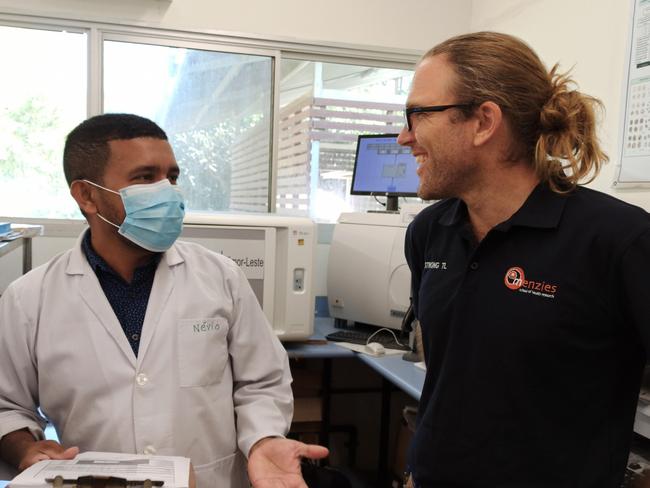
But even success stories don’t come without ongoing challenges in the COVID-era.
The scale of testing in East Timor is nowhere near Australia’s and the borders with Indonesia and West Timor pose a significant threat of reigniting the spread of the virus.
Malnutrition and Tuberculosis (TB) were already a huge burden on the country and now the pandemic has resulted in a slowdown in immunisations and routine health checks.
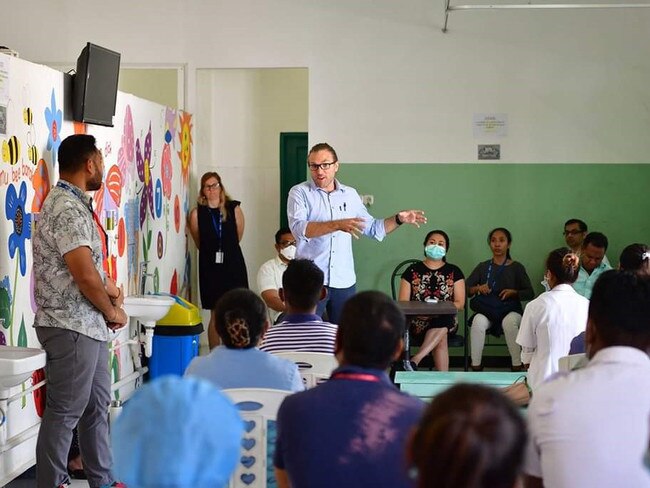
Dr Francis said Australia has played a really important role supporting East Timor over the last six months, but needed to keep it up through this unprecedented time.
“Sometimes we can be very focused on what is going on in our own backyard and lose sight of how tough it is for places very close to home. It’s just an hour flight from my home in Darwin but the differences couldn’t be more stark.”
IRAQ
There are two ways the COVID-19 outbreak can end in war-torn Iraq.
The best case scenario is that the global donor community continues to back lifesaving health and livelihood projects to the poorest communities and Iraq makes the most of their limited resources.
The worst case scenario is that COVID-19 reaches the millions of people living in crowded displacement camps.
“The virus would spread like wildfire, taking the most vulnerable men, women and children with it,” Sydney woman Georgia Tacey, consortium director from Save the Children, told News Corp from Iraq.
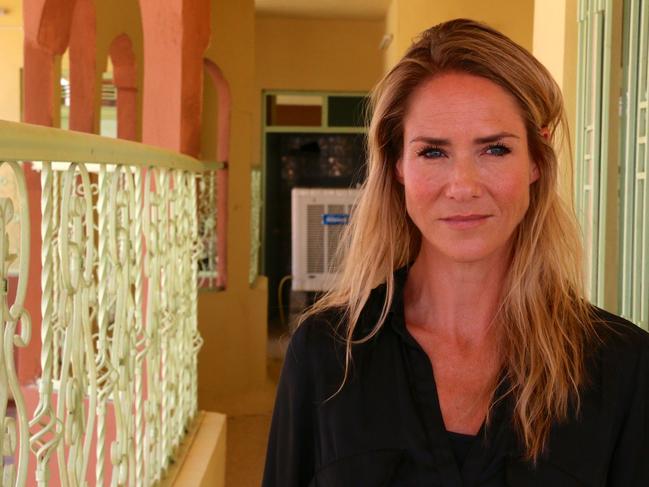
The charity is scaling up the provision of PPE and essential medicine to hospitals, training frontline health workers, rehabilitating town water supplies, distributing hygiene kits and providing door-to-door COVID education sessions and radio campaigns.
The COVID-19 figures in Iraq are brutal: at least 189k confirmed cases, 134,000 recovered and 6121 deaths. And they aren’t even the real figures.
Ms Tacey, 42, said testing is one of the biggest challenges in Iraq making it difficult to get accurate numbers.
And then there is the issue of education and access to running water and basic hygiene.
“The public messaging we see in Australia of ‘wash your hands’ and ‘keep 1.5m distance from one another’ is impossible for people living in overcrowded displacement camps,” she said.
More widely COVID has resulted in families losing their livelihoods, especially those that relied on a daily wage (usually labourers, small businesses, market workers etc) due to the strict movement restrictions.
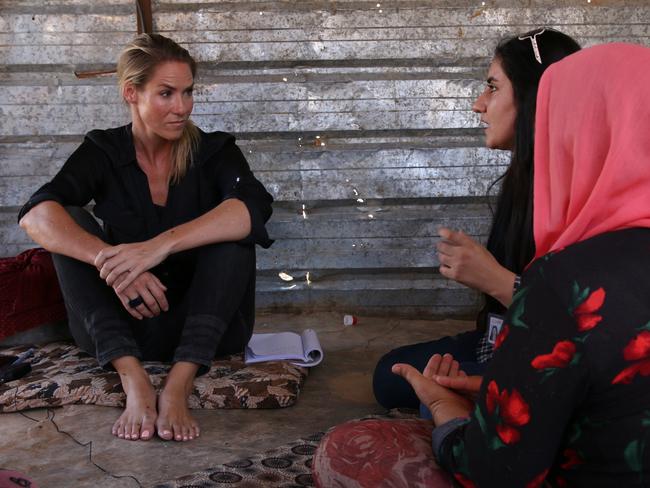
Schools are closed so children run the risk of losing up to a year of school and never returning, entering into child labour or recruited into armed groups to support the family financially.
Young girls are at risk of being forced into early marriage to relieve the family of any financial burden and people with disabilities are far more at risk of contracting COVID because of their high dependence on others and physical care.
Many are worried that armed groups including ISIS are taking advantage of the pandemic to reform and exploit vulnerable communities inability to protect themselves.
Ms Tacey said if COVID has taught us anything, it’s how interdependent we are on one another both nationally and globally to remain healthy and safe.
“It’s a false choice to think we can just concentrate on Australia’s health. As our borders will open up sooner rather than later, we need to ensure that the Australian Government continues to strengthen the health systems and livelihoods of other countries.”
PAPUA NEW GUINEA
Concerns are growing in PNG where the number of COVID-19 cases has jumped in recent weeks to at least 361 confirmed, 196 recovered, and three deaths.
With most people living in rural areas access to health services is a huge challenge.
Jack O’Shea, 29, from Melbourne, travels to the most remote areas of West New Britain Province as a program manager for Australian Doctors International (ADI) helping to protect health workers and educate locals about hygiene and social distancing.
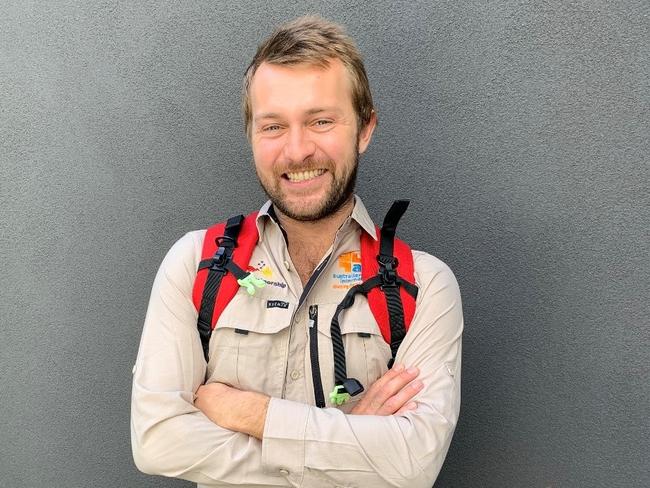
The COVID-19 pandemic has put further stress on PNG’s already frail healthcare system.
Mr O’Shea said early on the health workers of PNG were disproportionately affected by COVID-19, prompting an emergency shipment of 80,000 individual pieces of PPE for frontline health workers.
“These health workers already have significant workloads, dealing with other infectious diseases like malaria and TB and maternal health within a fragile health system,” he told News Corp from PNG.
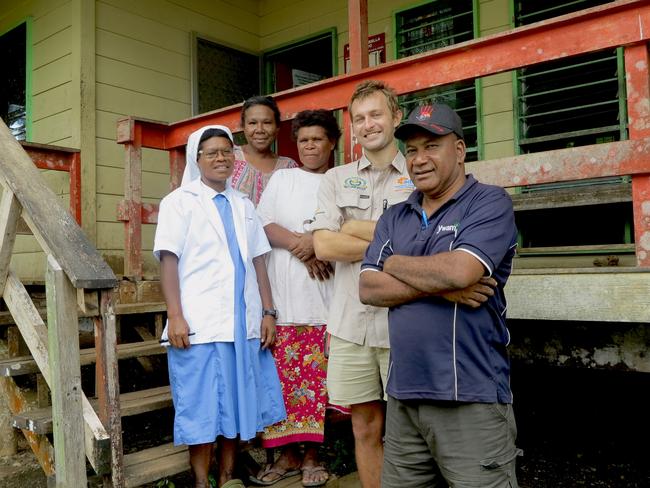
Mr O’Shea works closely with the PNG National Department of Health and the provincial level COVID-19 Task forces to help reduce stigma and fear around COVID-19 in “culturally sensitive” ways including answering to a chain of command within villages.
He urged the Australian government to keep supporting health workers in PNG to protect their vulnerable communities.
“What this shows is that COVID-19 won’t end for anyone until it ends for everyone. The continued support of essential aid programs must be mandatory during these times as organisations, such as ADI, assist our close neighbours when in need.”
LAOS
Laos has very few COVID cases, despite being adjacent to China, largely thanks to a very early strict lockdown.
The latest COVID figures for Laos are 22 confirmed, 19 recovered, 0 deaths (as at August 21).
But with a limited health capacity there is no room for complacency.
David Duncan, 55, from North Haven in South Australia, is chief of water, sanitation and hygiene (WASH), also ER co-ordinator for UNICEF Laos, where borders remain largely closed.
He fears increasing socio-economic issues are putting pressure on the government to open borders and in turn raising the risk of a second wave.
There is limited capacity to manage any medical issues in-country: early in the year Laos had only about 200 hospital beds with oxygen capacity compared with Australia where nearly every hospital bed has this capacity.
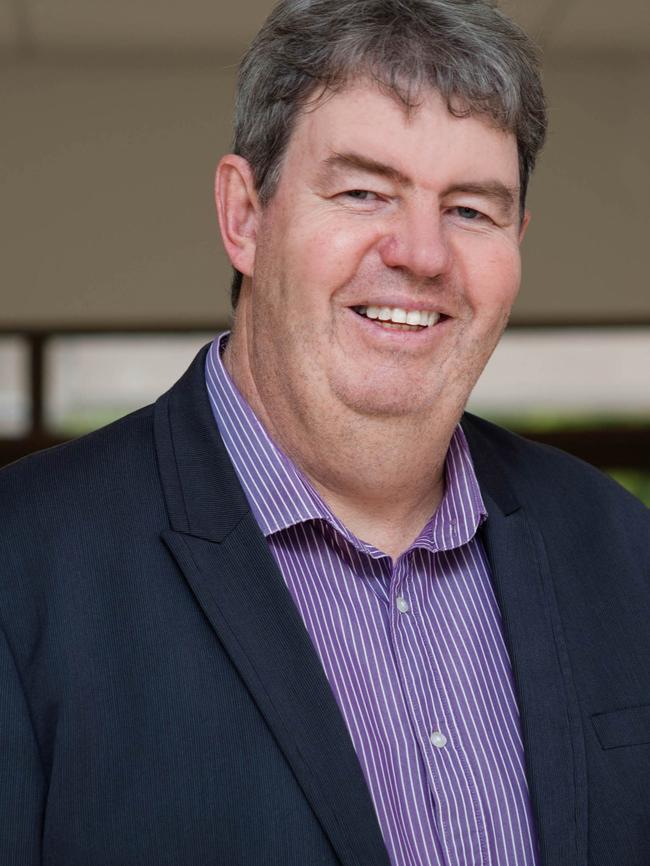
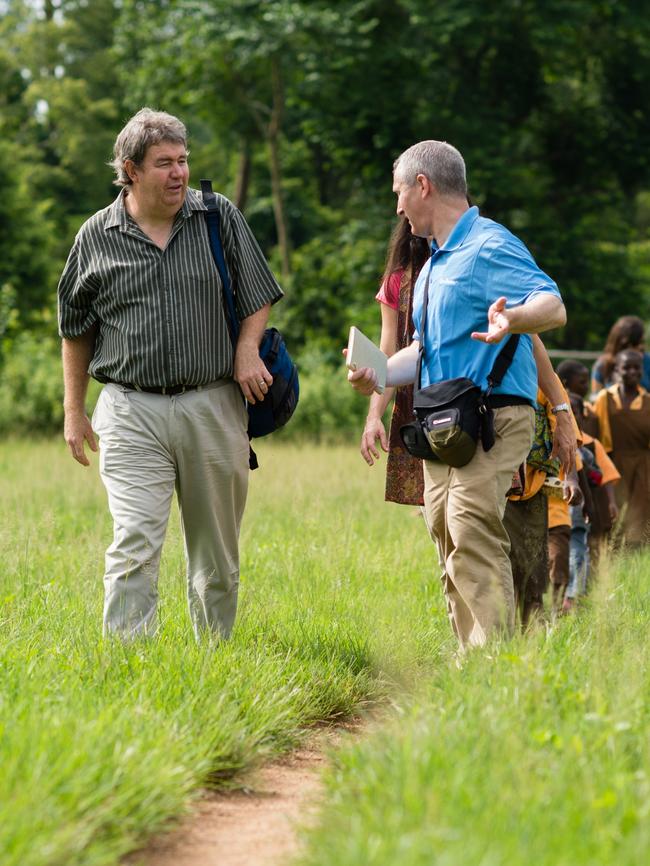
The standard response for any significant medical issues is evacuation to Thailand. But the Thailand government has indicated reluctance to accept any COVID cases.
“This presents two further challenges during a COVID outbreak – getting an evacuation accepted into Thailand and the subsequent quarantine periods associated with it. To date the UN has been able to get medical emergencies evacuated, but this is yet to be tested for a COVID case,” Mr Duncan said.
“As a father of two children, this single issue is easily my biggest concern.”
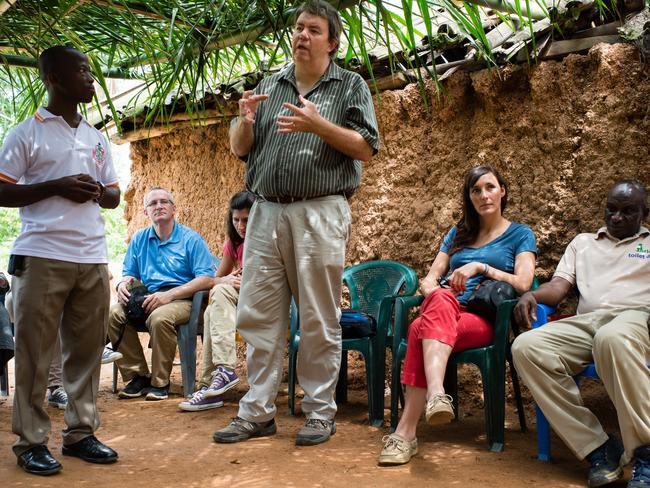
Testing capacity is also limited with about 30,000 nationally since the start of the pandemic compared with over four million in Australia.
UNICEF has raised about $US5 million ($A6.9 million) so far for the Laos COVID response, including funding from the Australian Government. But more is needed.
“Laos has none of the government social support networks that exist in developed countries, so people without food or money are entirely reliant on family or friends and communities for support – and often these are suffering the same crises.”
Micah Australia, a coalition of charities including World Vision Australia, is calling for Australia’s international aid budget, which was 0.21 per cent of our gross national income in 2019, to be raised closer to the OECD average of 0.3 per cent, or even New Zealand’s 0.28 per cent.
“The COVID crisis won’t end for anyone, until it ends for everyone, and while Australia has one of the world’s best healthcare systems, many of our neighbours do not, and 75 per cent of people in developing countries lack access to clean soap and water,” said Tim Costello, executive director of Micah Australia.
“That’s why we’re standing in solidarity with our neighbours and encouraging the Australian Government to provide vital support to vulnerable nations.”
To support the cause, sign the petition at www.endcovidforall.com
Originally published as COVID workers urge Australia to increase vital aid to poorest countries
